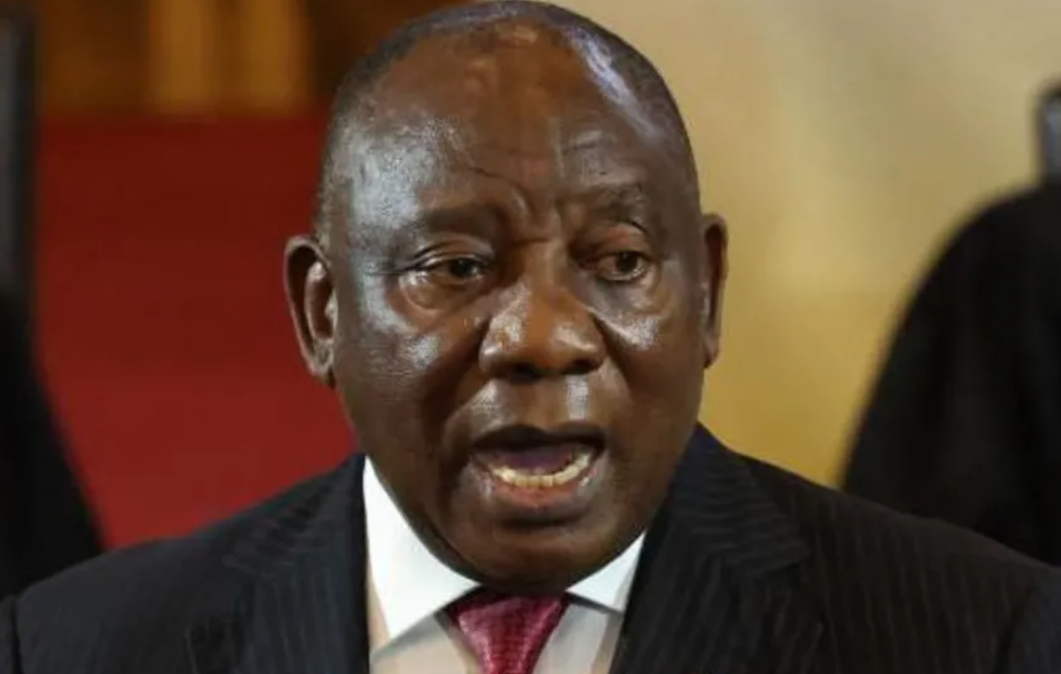After agreeing to share power, the main coalition partners, the Democratic Alliance (DA) and the African National Congress (ANC), are now deeply divided, causing political instability in South Africa. The president of South Africa, Cyril Ramaphosa, has charged that the leader of the Democratic Alliance, John Steenhuisen, is trying to create a “parallel government,” which is a constitutionally forbidden action.
A letter allegedly written by President Ramaphosa and addressed to Mr. Steenhuisen on June 25 has made its way around local media, and it contains this devastating charge. At a time when stability is paramount, the financial markets have already been affected by the aftermath of this debate, leading to a drop. The ANC and the DA were expected to be completing their transition into new roles and finalizing cabinet seats, but this conflict is threatening to halt the process.
A Look at Coalition Building and the Results of the Election
With just 40% of the vote, the ANC was unable to achieve an outright majority in the most recent election. With 22% of the vote, the DA was the leading opposition party. President Ramaphosa appointed members of the Democratic Alliance to cabinet seats as part of his effort to preserve his position by forming a government of national unity with the DA.
There is further pressure on President Ramaphosa to allocate cabinet positions among these allies since the ANC also formed an alliance with eight smaller parties. Tensions and conflicts have arisen as a result of this intricate political structure, as the parties involved are attempting to strike a balance that will satisfy everyone.
### Conflict Regarding Cabinet Positions
President Ramaphosa’s offer of six cabinet jobs to the DA was a major flashpoint. But according to News24, the DA wanted two more posts because he wanted more power. The ANC leadership was not pleased with this proposal, and President Ramaphosa responded with a strong letter condemning Mr. Steenhuisen of “moving the goalposts” during negotiations. Also, he had something to say about the “offensive, condescending, and inconsistent” requests made by the federal chairman of the district attorney’s office, Helen Zille.
To make matters worse, according to local media, President Ramaphosa broke his promise to give the Democratic Alliance (DA) the Trade and Industry Ministry, a crucial post for improving South Africa’s faltering economy. In retaliation, DA officials threatened to back out of the coalition deal unless the initial conditions were met.
What this means for SA
Unsettlingly, as South Africa navigates uncharted political territory, there is currently discord. A fundamental change has occurred in the country’s political dynamics with the ANC’s first parliamentary majority loss since apartheid’s end in 1994. The disclosed correspondence shows a deeper and possibly irreversible rift, contrary to analysts’ initial suggestions that both sides may be using their positions to negotiate better conditions.
South Africa’s rand currency fell sharply versus the US dollar as news of the coalition agreement’s potential collapse spread, adding to the economic fallout from the ongoing uncertainty. A stable coalition between the ANC and the DA has been fiercely supported by the business community, who see it as crucial for economic stability and prosperity.
Looking Ahead
The result is still up in the air as South Africa deals with this political issue. The capacity of the ANC and the DA to put aside their disagreements and collaborate is crucial to the effective creation of a government that can tackle the urgent issues facing the country. Everything is on the line, and a misstep may have far-reaching consequences for the nation’s politics and economy.
There must be inclusive and efficient government in this situation. To secure a secure and rich future for South Africa, both political factions must put national interests ahead of party politics.


















